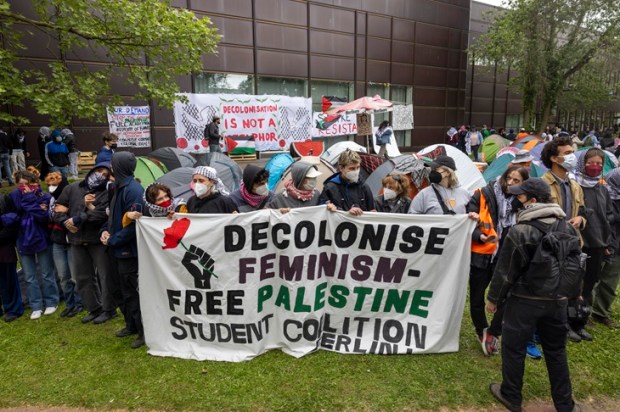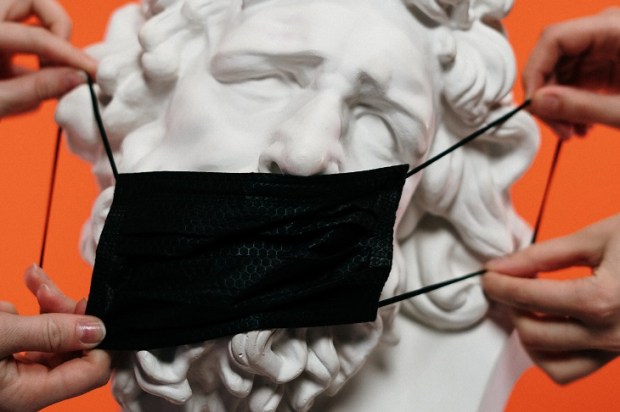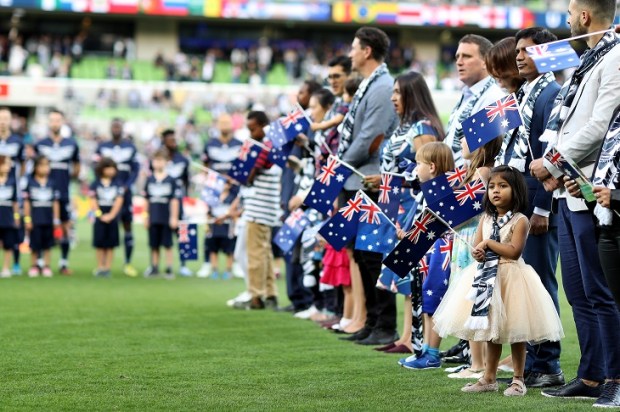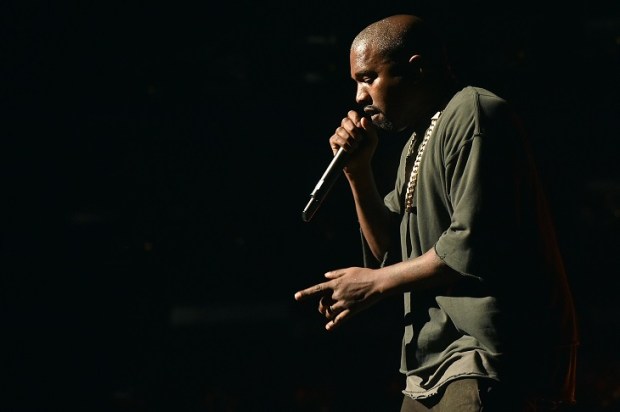‘The education of all children, from the moment that they can get along without a mother’s care, shall be in state institutions.’ – Karl Marx
The trend of drag queens reading children story books is merely one part of the larger movement to dismantle the ‘ideological state apparatus’ and alter what left-wing activists conceive of as a structurally oppressive world. Why would cultural-Marxists aim content at children, you may wonder? Well, it has a long, history.
Over the past two generations, university students of the arts, humanities, and education, have been largely schooled in the neo-Marxist, Critical Theory-laden ideas of the Frankfurt School. Emerging in Germany in the 1930s, led by theorists such as Max Horkheimer and Theodor Adorno, the Frankfurt School argued that traditional Marxism was incapable of explaining contemporary history adequately. Rather than focusing on the modes and means of production in an attempt to overthrow Western capitalist societies, they argued that the emphasis must be shifted to what Louis Althusser termed the ‘ideological state apparatus’. This is a far broader conceptualisation of the systems that are seen to enforce an oppressive capitalist ideology. It extends its critical reach to the institutions associated with religion, political, legal, family, and cultural systems, and crucially, the education system.
Initially, dismantling the state apparatus in the West involved translating this dialectical philosophy into real social action: revolution in the attempt to create a form of utopia (think the violent student-led tumult of the 1960s – May 68’, Bonn, The Black Panthers, The Weathermen, et. al.).
By the 1970s, however, many were recognising that this articulation of the ‘revolutionary moment’ was over (indeed, utopia is a ‘no-place’ by definition) and thinkers such as the father of the New Left and Frankfurt School aficionado Herbert Marcuse de-emphasised violence and terrorism, instead turning to the burgeoning social movements in the US such as environmentalism and feminism, using these as a popular front for socialism. Crucially, in collaboration with, he advocated the ‘long march through the institutions’ and urged the radical students to leave the streets and take refuge in the universities in order to more effectively further what was becoming a rapidly expanding, distinctively, cultural revolution.
The long march was of course a reference to the Chinese communist’s military retreat to evade the pursuit of the National Army of the Chinese Nationalist Party in the early 1930s which culminated in Mao’s leadership of the CCP. In a similar fashion, the long march through the institutions aimed to ‘extend the base of the student movement’ by ‘working against the established institutions while working within them’ which necessarily involved learning how to ‘program and read computers, how to teach at all levels of education [and] how to use the mass media’ – all concerted efforts to build up counter-institutions from within – a rallying of trojans if you will.
Since the 1970s these counter-institutions have morphed into a rainbow alliance of differing theoretical sects: neo-Marxism, post-modernism, deconstruction, post-colonialism, environmentalism, feminist, gender, queer theories, the list goes on. While these various critical theories tend to focus on their particular ‘oppressed’ group and are sometimes in conflict with one another, there is one underlying tenet that binds them all unequivocally: a deep-seated hostility and aversion to the liberal ideas of freedom, democracy, reason, debate, objectivity, and truth. Consequently, the very existence of individuals (as separate from a groupthink identity) and even facts are dismissed in terms of false consciousness and unconscious bias. Everything must be deconstructed and critiqued in terms of power relationships. The family unit and traditional gender roles included.
This is where having drag queens reading storybooks to children comes into play. ‘Sexualising’ children, as critics argue these shows do, is not the prerogative but, as their proponents argue, is merely ‘showcasing diversity’. The impetus behind the act is to deconstruct traditional gender roles and the larger family unit. It is one arm of a larger neo-Marxist cultural revolution and like any attempt at revolution children are important targets. I doubt Animal Farm is on the reading list.

























